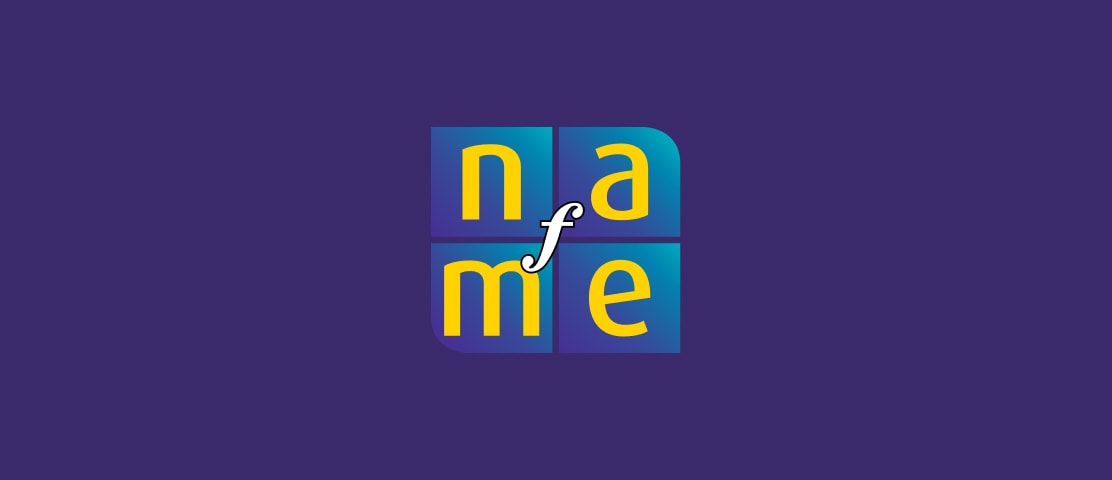/ Publications & Resources / Resource Library / The Housewright Declaration
NOTE: This document is a summation of the agreements made at the Housewright Symposium on the Future of Music Education, held in Tallahassee, Florida, September 23-26, 1999.
Whenever and wherever humans have existed music has existed also. Since music occurs only when people choose to create and share it, and since they always have done so and no doubt always will, music clearly must have important value for people.
Music makes a difference in people’s lives. It exalts the human spirit; it enhances the quality of life. Indeed, meaningful music activity should be experienced throughout one’s life toward the goal of continuing involvement.
Music is a basic way of knowing and doing because of its own nature and because of the relationship of that nature to the human condition, including mind, body, and feeling. It is worth studying because it represents a basic mode of thought and action, and because in itself, it is one of the primary ways human beings create and share meanings. It must be studied fully to access this richness.
Societal and technological changes will have an enormous impact for the future of music education. Changing demographics and increased technological advancements are inexorable and will have profound influences on the ways that music is experienced for both students and teachers.
Music educators must build on the strengths of current practice to take responsibility for charting the future of music education to insure that the best of the Western art tradition and other musical traditions are transmitted to future generations.
We agree on the following:
1. All persons, regardless of age, cultural heritage, ability, venue, or financial circumstance deserve to participate fully in the best music experiences possible.
2. The integrity of music study must be preserved. Music educators must lead the development of meaningful music instruction and experience.
3. Time must be allotted for formal music study at all levels of instruction such that a comprehensive, sequential and standards based program of music instruction is made available.
4. All music has a place in the curriculum. Not only does the Western art tradition need to be preserved and disseminated, music educators also need to be aware of other music that people experience and be able to integrate it into classroom music instruction.
5. Music educators need to be proficient and knowledgeable concerning technological changes and advancements and be prepared to use all appropriate tools in advancing music study while recognizing the importance of people coming together to make and share music.
6. Music educators should involve the music industry, other agencies, individuals, and music institutions in improving the quality and quantity of music instruction. This should start within each local community by defining the appropriate role of these resources in teaching and learning.
7. The currently defined role of the music educator will expand as settings for music instruction proliferate. Professional music educators must provide a leadership role in coordinating music activities beyond the school setting to insure formal and informal curricular integration.
8. Recruiting prospective music teachers is a responsibility of many, including music educators. Potential teachers need to be drawn from diverse backgrounds, identified early, led to develop both teaching and musical abilities, and sustained through ongoing professional development. Also, alternative licensing should be explored in order to expand the number and variety of teachers available to those seeking music instruction.
9. Continuing research addressing all aspects of music activity needs to be supported including intellectual, emotional, and physical responses to music. Ancillary social results of music study also need exploration as well as specific studies to increase meaningful music listening.
10. Music making is an essential way in which learners come to know and understand music and music traditions. Music making should be broadly interpreted to be performing, composing, improvising, listening, and interpreting music notation.
11. Music educators must join with others in providing opportunities for meaningful music instruction for all people beginning at the earliest possible age and continuing throughout life.
12. Music educators must identify the barriers that impede the full actualization of any of the above and work to overcome them.
Category
- Advocacy
- Diversity, Equity, Inclusion, and Access (DEIA)
- Music Education Profession
Resource Type
- Position Statement
- Report
Year Added
2023




